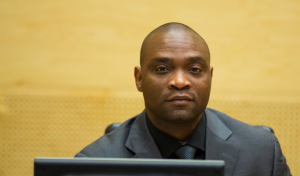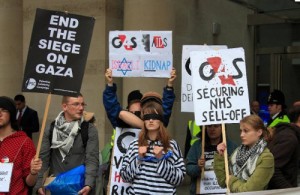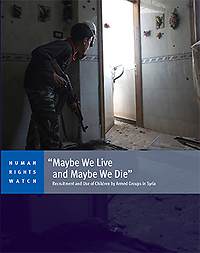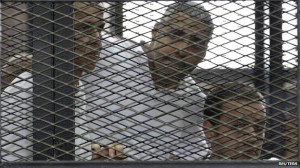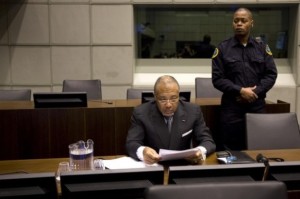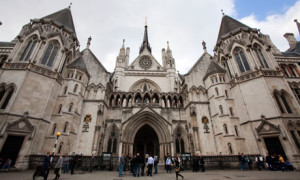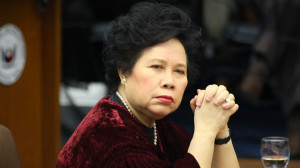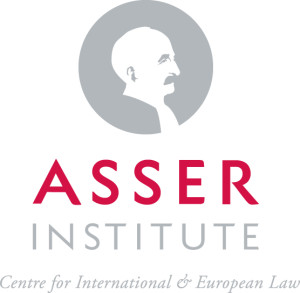This Wednesday, Germain Katanga discontinued his appeal against his conviction before the International Criminal Court (ICC). In a letter signed by Katanga and his defence counsel, David Hooper, Katanga stated that he “accept[ed] the conclusions rendered against [him] in the judgement and [he] express[ed] [his] sincere regrets to all who were affected by [his] conduct, including the victims of Bogoro.”
Katanga had been convicted by a majority of Trial Chamber II on 7 March 2014 of one count of crime against humanity (murder) and four counts of war crimes (murder, attacking a civilian population, destruction of property and pillaging)
committed on 24 February 2003 during the attack on the village of Bogoro in the Democratic Republic of the Congo. He was sentenced, again by majority, to 12 years’ imprisonment with credit for the time he has served whilst in detention in The Hague - 7 years to date.
The Prosecutor subsequently informed the Appeals Chamber that she also discontinued her appeal against the judgment and that she does not intend to appeal the sentence imposed on Germain Katanga.
The issue of reparations for victims will be considered next.

